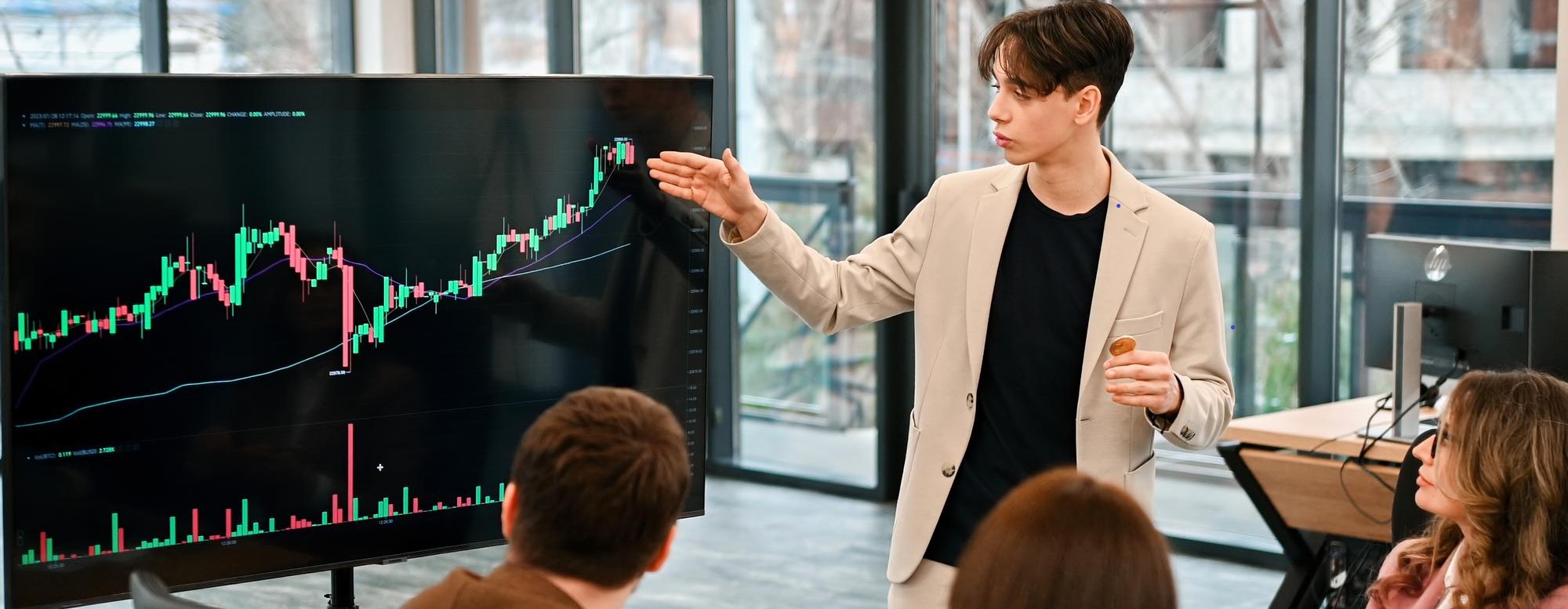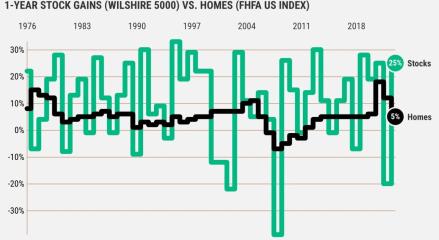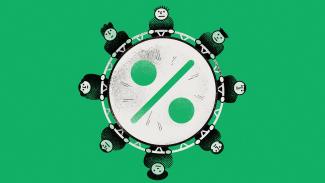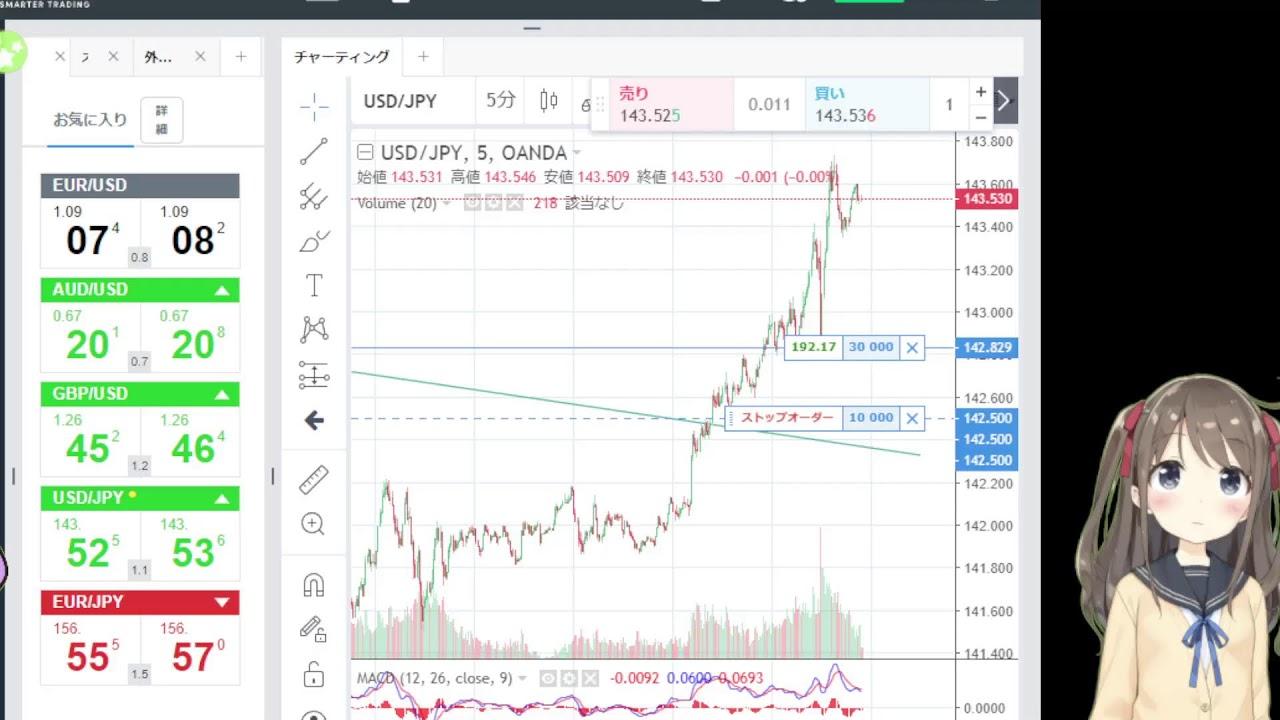Definition: A demo trade, also known as a simulated trade or paper trade, refers to the execution of a trade in a simulated or virtual environment that mirrors the real financial markets. In this context, traders use a demo account provided by a forex broker to practice and familiarize themselves with the various aspects of trading without risking actual money. The purpose is to gain experience, test strategies, and develop trading skills in a risk-free setting.
Example: Let's say you are a new trader interested in the foreign exchange market, commonly known as forex. You decide to open a demo account with a forex broker. Upon signing up, the broker provides you with virtual funds, let's say $50,000, to use in the demo account.
- Accessing the Demo Account:
- You log in to the trading platform provided by the broker using the credentials associated with your demo account.
- Exploring the Platform:
- You take the time to explore the trading platform. You navigate through the various sections, such as the charting tools, order entry functions, and risk management features.
- Placing a Demo Trade:
- You decide to place a demo trade based on your analysis of the currency markets. Let's say you believe that the Euro (EUR) will strengthen against the US Dollar (USD). You choose to buy (go long) 10,000 units of EUR/USD at the current market price.
- Monitoring the Trade:
- The trade is executed, and you can now monitor its progress in real-time. You observe how the market fluctuations impact your virtual trade, and you can see how the profit or loss changes with each movement in the exchange rate.
- Testing Strategies:
- As you continue to use the demo account, you may decide to test different trading strategies. For example, you might experiment with setting stop-loss and take-profit levels to manage risk and potential rewards.
- Learning from Mistakes:
- If a trade doesn't go as expected, you can analyze what went wrong without any financial consequences. This learning experience is crucial for refining your approach and avoiding similar mistakes in live trading.















